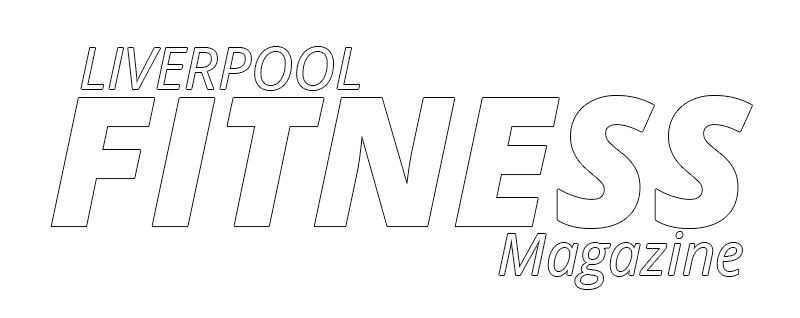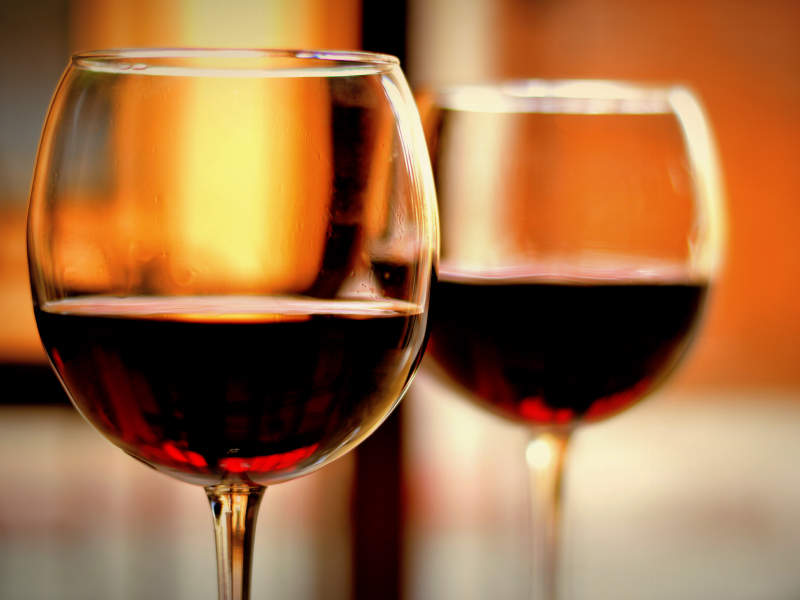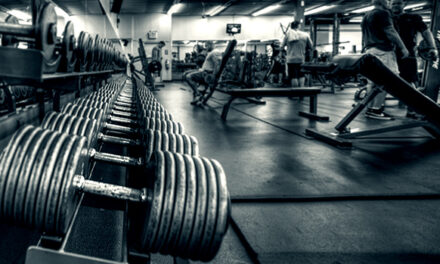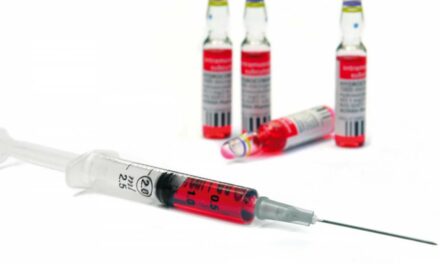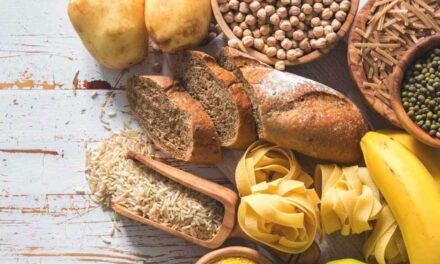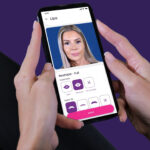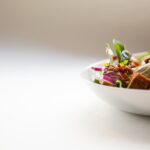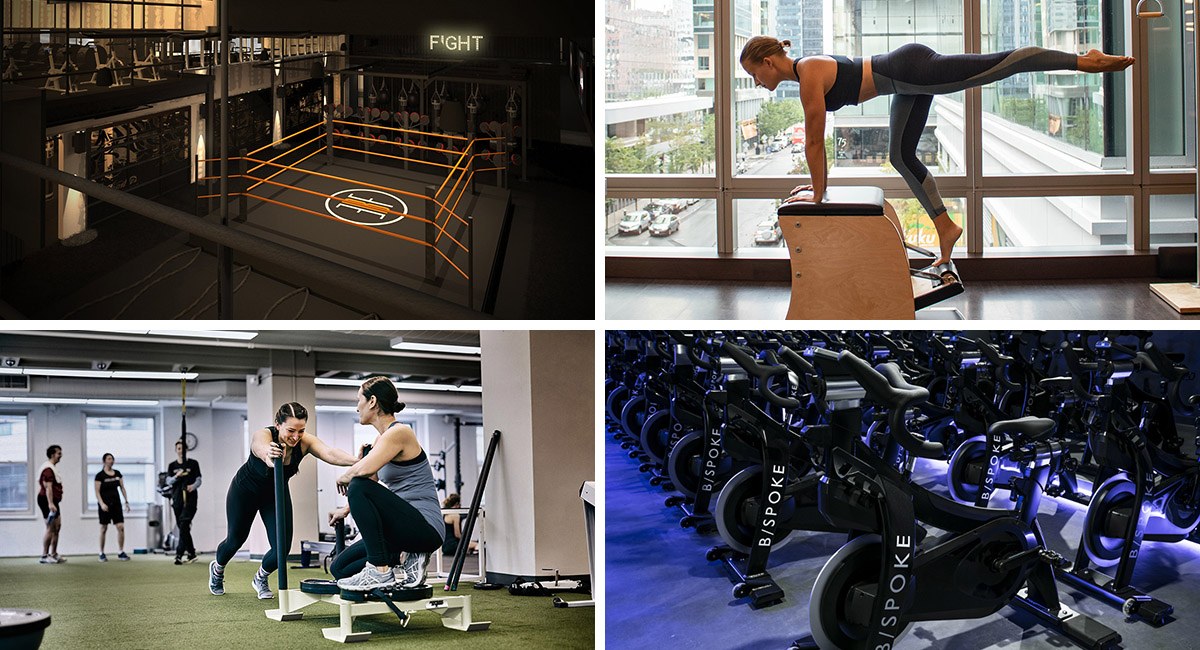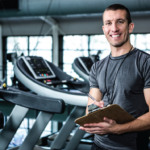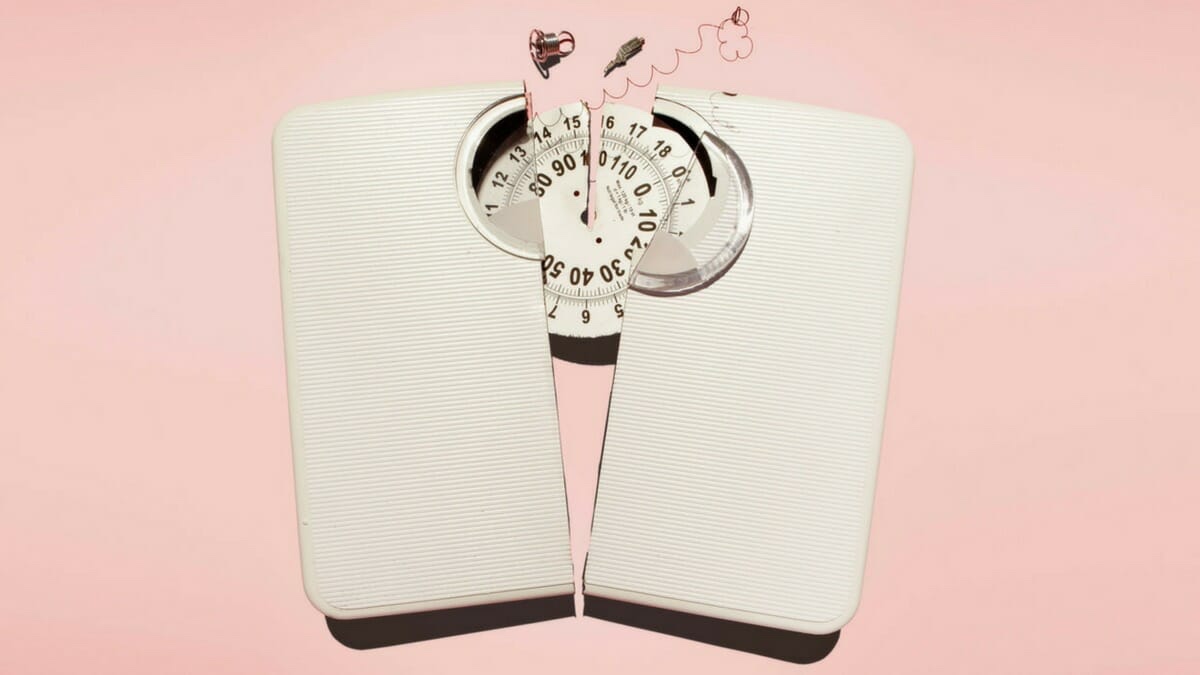WHAT’S YOUR TIPPLE?
New research shows how lethal our drinking habit has become.
As a colonic hydrotherapist I see the profound effect alcohol has on the colon, our physical and emotional wellbeing and now is the time more than ever I shall be encouraging people to drink less.
11million of us drink at dangerous levels
50% orthopaedics see patients in hospital due to alcohol
No.1 cause of death for men aged 16-54
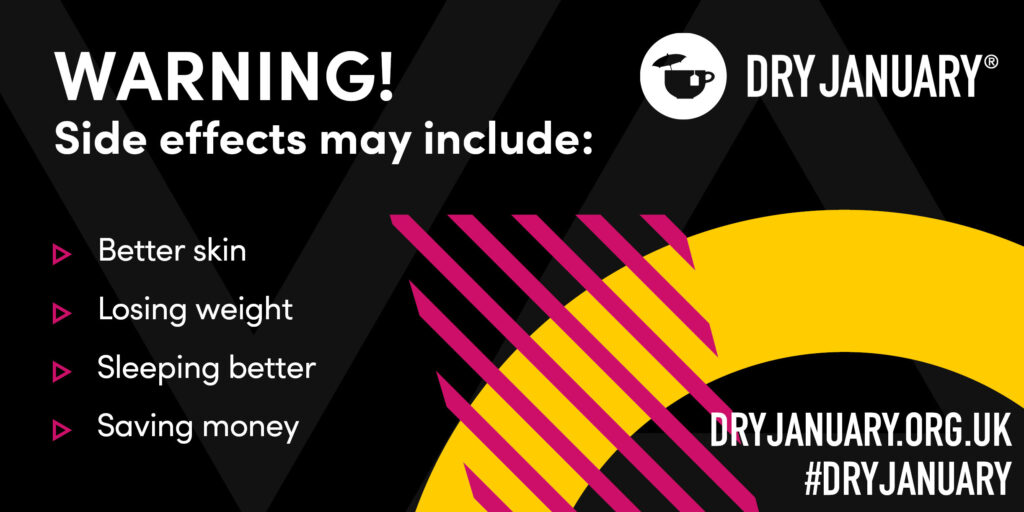
I love a drink, I find it relaxing, social and I enjoy a glass of white wine as much as anyone. I’ve decided to cut down so I’m sharing my research with you…
- Don’t use Red Bull and other energy drinks as mixers. It’s mind boggling how quickly you can knock back a Vodka and Red Bull… not me I’ve seen my kids do it (honest).
- Only buy alcohol as it’s required. A fridge full of Prosecco is too tempting, only buy when you’re having a drink.
- Do Dry January to loose weight, increase energy levels and save money.
- Try buying expensive alcohol the best of everything; it will focus you on how much you spend on alcohol.
- Have a curfew. Forget, oh well it’s 5pm somewhere, and wine o’clock.tip
- Chat to your GP, doctors advice can reduce the amount you drink.
- Change your habit. Avoid binging as it has increased health risks. Try drinking 2 nights a week instead of 7.
- Take a fortnight off. It will really help to flush the liver and give it a rest.
- Do not drink on an empty stomach. You get very drunk , very quickly. Line the stomach with protein, fats and slow releasing carbs. You get less of a hangover too!
- Alternate drinks. If your on say, vodka tonic , skip vodka every other round. For beer and wine, drink a full glass water between rounds.
- Try of non alcoholic beverages.
- Say no thanks to Prosecco and champagne, as we have all fallen short here I’m sure, the bubbles make you intoxicated much faster.
- Do not open a second bottle of wine. When you share a bottle you’ve had 5 units each.
- Have water on the table instead of wine.
- Try a jug of fizzy water at dinner with ice and a splash of lemon.
- Try not to drink alone, it’s very easy to polish off a bottle of wine watching tv with no one there to monitor you.
- Volunteer to drive.
- Never consume alcohol when you’re thirsty, have plenty of water before alcohol.
- Smaller glasses. I remember when pubs served small glasses, people drank about a third of what they do now.
- Use sherry glasses as wine glasses at home.
- Never let anyone top up your glass. Empty the glass before it’s refilled, so you can keep count.
- Stick to two drinks only when you’re out then go on to water.
- Never buy a wine box. It makes wine o’clock all too easy.
- Don’t buy alcohol at the supermarket, making a special trip out you’ll buy less.
- Slow down, drink one unit per hour. It’s half a glass of 175ml wine or half a pint of beer.
- Reserve 3 drink free days a week, even 2 a week is better than none as it gives the liver time to recover.
- Increase the amount of water you drink per day. Carry a 2 litre bottle of water around with you everywhere, keep hydrated.
- Drink no more than 3 units a day.
- Know your units.a standard glass of wine is2.1 units,a single (35ml) measure of spirits is1.4, a pint of lower-strength (3.6 per cent) lager, beer or cider is 2, there lots of information on NHS website. Keep yourself updated with regular health articles, related to excess drinking.
- Water is free, get into the habit of drinking 2 lites a day.
Instagram joannewillcoxskin
www.joannewillcox.com
www.the-skin-dr.com
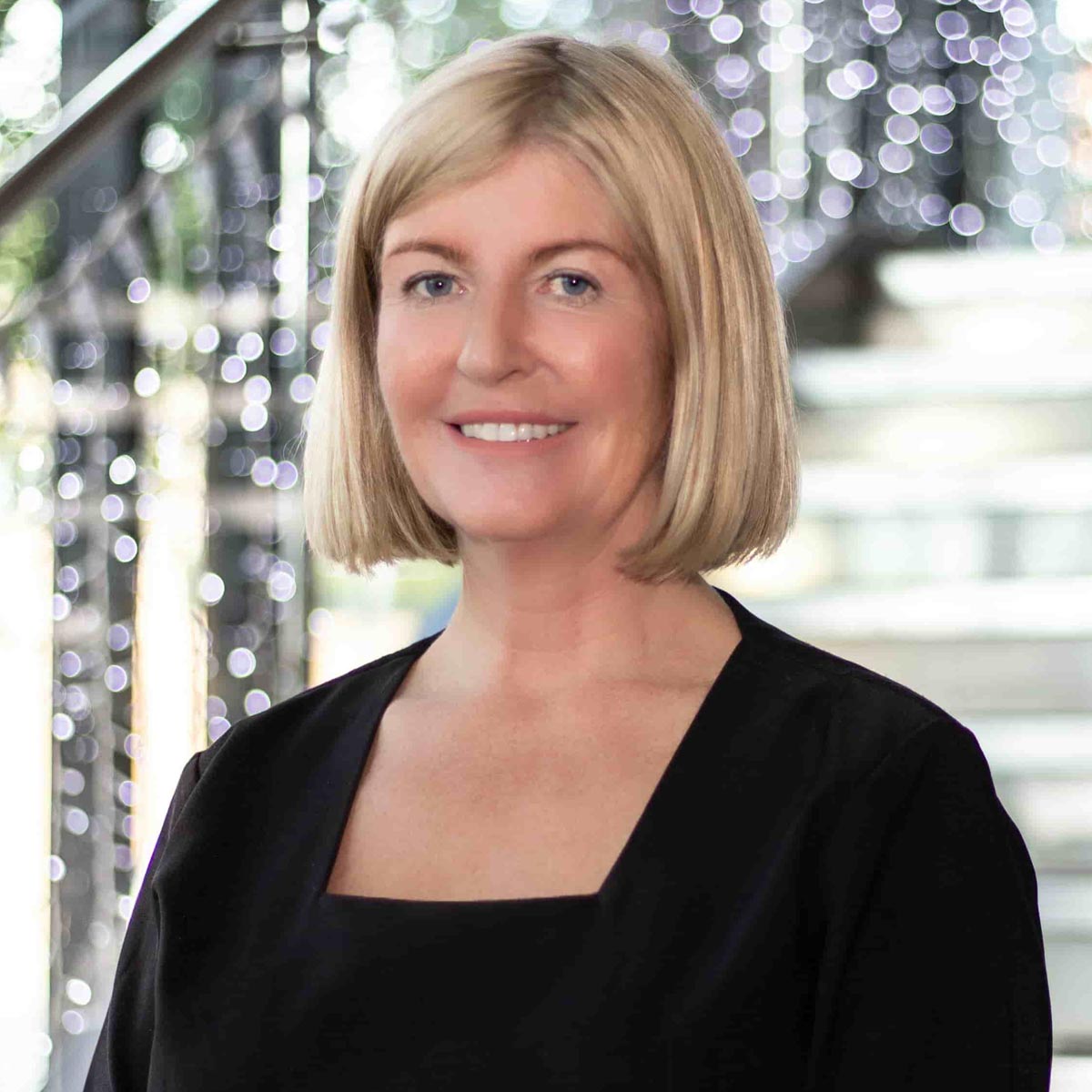
Founder of Joanne willcox clinics of Cheshire is a well known colonic hydrotherapist .
She has successfully runs 3 detox clinics in Chester and Liverpool and has done for over 20 years.
For over 16 years Joanne has ran a monthly detox retreat every month at crabwall manor hotel and spa… to help recharge and restore both the mind and the gut.
Joanne is a master NLP practioner and member of ARCH and British naturopathic association,, also qualified in Chinese medicine.
Joanne encourages her clients to practice her holistic approach at home.
Her healing juices and balancing skin care range do just that.
Joanne’s office is always there for support and advice, she tells us, even after treatments.
